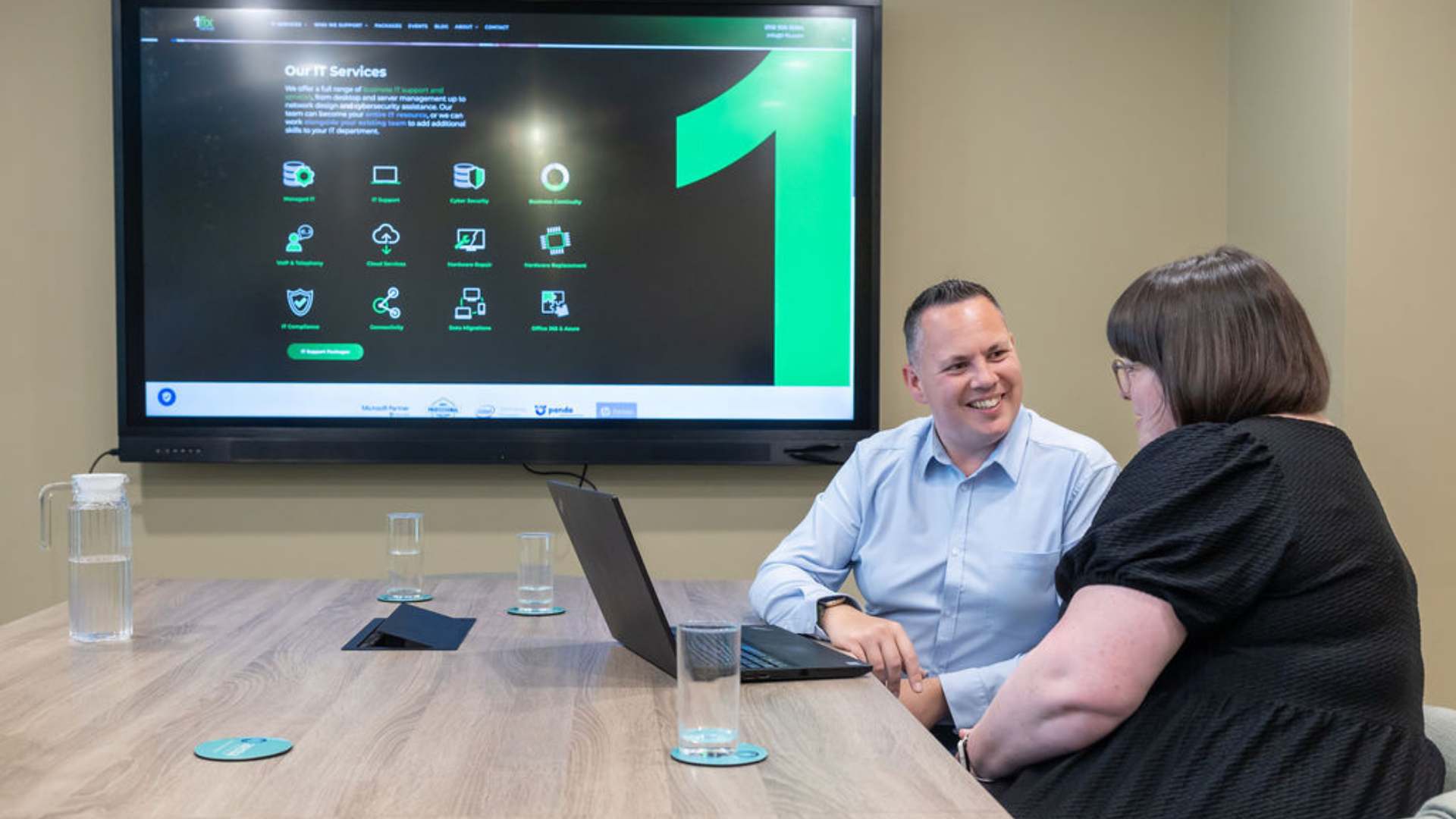21% of UK Workers Feel More Vulnerable to Cybercrime During COVID-19
Leo Daniels • October 13, 2020
This is a subtitle for your new post
More than one in five (21%) UK workers feel more vulnerable to cybercrime since the start of the COVID-19 pandemic, according to a new study by PwC.
Stress or fatigue was the most common factor (35%) cited by those workers, followed by lack of skills and training to stay safe from cybercrime whilst working from home (19%).
Of the 1200 UK workers surveyed last month, nearly a third (32%) said they had observed an increase in speculative criminal activity, such as suspicious emails or malicious adverts and links.
Additionally, 22% revealed they considered themselves to be more vulnerable to a cyber-attack when they shared personal details with hospitality venues such as pubs and restaurants for contact tracing reasons. However, PwC noted the survey was conducted before the introduction of the UK government’s new NHS Test and Trace app, which will “hopefully allay some of the public’s fears.”
Daisy McCartney, cybersecurity culture and behaviour lead at PwC, commented: “Cyber-criminals are above all opportunistic and we are seeing them use the fear, uncertainty and stress around COVID-19 to target their victims and play on their emotions. As COVID-19 continues to dominate the news agenda, messaging related to vaccines, cures and financial relief will likely be used to target people.
“It is therefore understandable that people are feeling vulnerable to cybercrime, and according to our survey, 19% of people working from home during the pandemic do not feel that they have the necessary skills and training to keep safe from a cyber-attack. However, people should not feel helpless, there are simple steps they can take to protect themselves and just gaining an awareness of how criminals might seek to target them is a good start.”
McCartney added that with many workforces continuing to operate remotely amid the ongoing pandemic, it is vital that employers provide additional cybersecurity support and training for their staff at this time.
An increase in cybersecurity incidents has been observed this year, with malicious actors exploiting the major operational challenges faced by organizations.
These have included COVID-themed phishing
and malware attacks.
Chris Gaines, lead cybersecurity partner, PwC added: “We have seen a spike in cybersecurity incidents this year with criminals exploiting the challenges that people and organizations are facing from COVID-19. Many of these incidents were linked to ransomware attacks and some of them were accompanied by data breaches. Analysis by our Threat Intelligence team has shown that the pace and frequency of ransomware attacks is rising all the time.”
We’re 1-fix, we can help you secure your business
At 1-fix, we take a realistic approach to technology – ensuring our client’s systems are best protected.
If you have any concerns, questions or simply want to explore how to better secure your business, please do get in touch with the team for a FREE demonstration, consultation to explore how exposed your business might be and identify actions to take.
Join Our Mailing List
All sign-ups are handled inline with our privacy policy and can unsubscribe at any time.






















